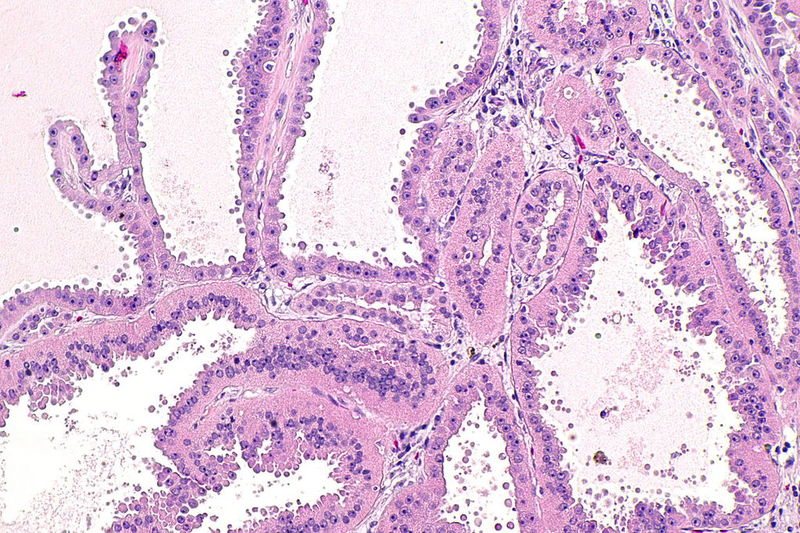
The US Food and Drug Administration (FDA) has accepted a supplemental biologics license application (sBLA) submitted by Merck subsidiary EMD Serono and Pfizer for a Bavencio (avelumab) and Inlyta (axitinib) combination to treat advanced renal cell carcinoma (RCC).
Merck and Pfizer partnered in November 2014 to co-develop and co-commercialise avelumab, which is a human anti-programmed cell death ligand-1 (PD-L1) antibody.

Discover B2B Marketing That Performs
Combine business intelligence and editorial excellence to reach engaged professionals across 36 leading media platforms.
In preclinical models, avelumab demonstrated ability to affect both the adaptive and innate immune functions. It blocked the interaction of PD-L1 with PD-1 receptors to inhibit the suppression of the T cell-mediated anti-tumour immune response.
Inlyta is Pfizer’s oral therapy designed to target tyrosine kinases, including vascular endothelial growth factor (VEGF) receptors 1, 2 and 3. These receptors could affect tumour growth, vascular angiogenesis and cancer progression.
The drug holds approval as monotherapy in the US for the treatment of advanced RCC after failure of one previous systemic therapy.
Merck Biopharma business Global Research & Development head Luciano Rossetti said: “Our alliance is focused on the development of potential new treatment options for patients with cancers that have high unmet medical needs, including the broad spectrum of people living with advanced RCC.

US Tariffs are shifting - will you react or anticipate?
Don’t let policy changes catch you off guard. Stay proactive with real-time data and expert analysis.
By GlobalData“This regulatory milestone, which closely follows the acceptance of our application in Japan, represents an important step forward for science and for patients.”
MSD (which trades as Merck in the US and Canada) also announced results from the Phase III KEYNOTE-426 trial that evaluated its anti-PD-1 therapy Keytruda in combination with Pfizer’s Inlyta for advanced or metastatic RCC.
Data showed that the combination significantly improved overall survival (OS), with nearly 50% decrease in the risk of death, compared to chemotherapy drug sunitinib.
Keytruda and Inlyta also improved progression-free survival (PFS) and objective response rate (ORR).




